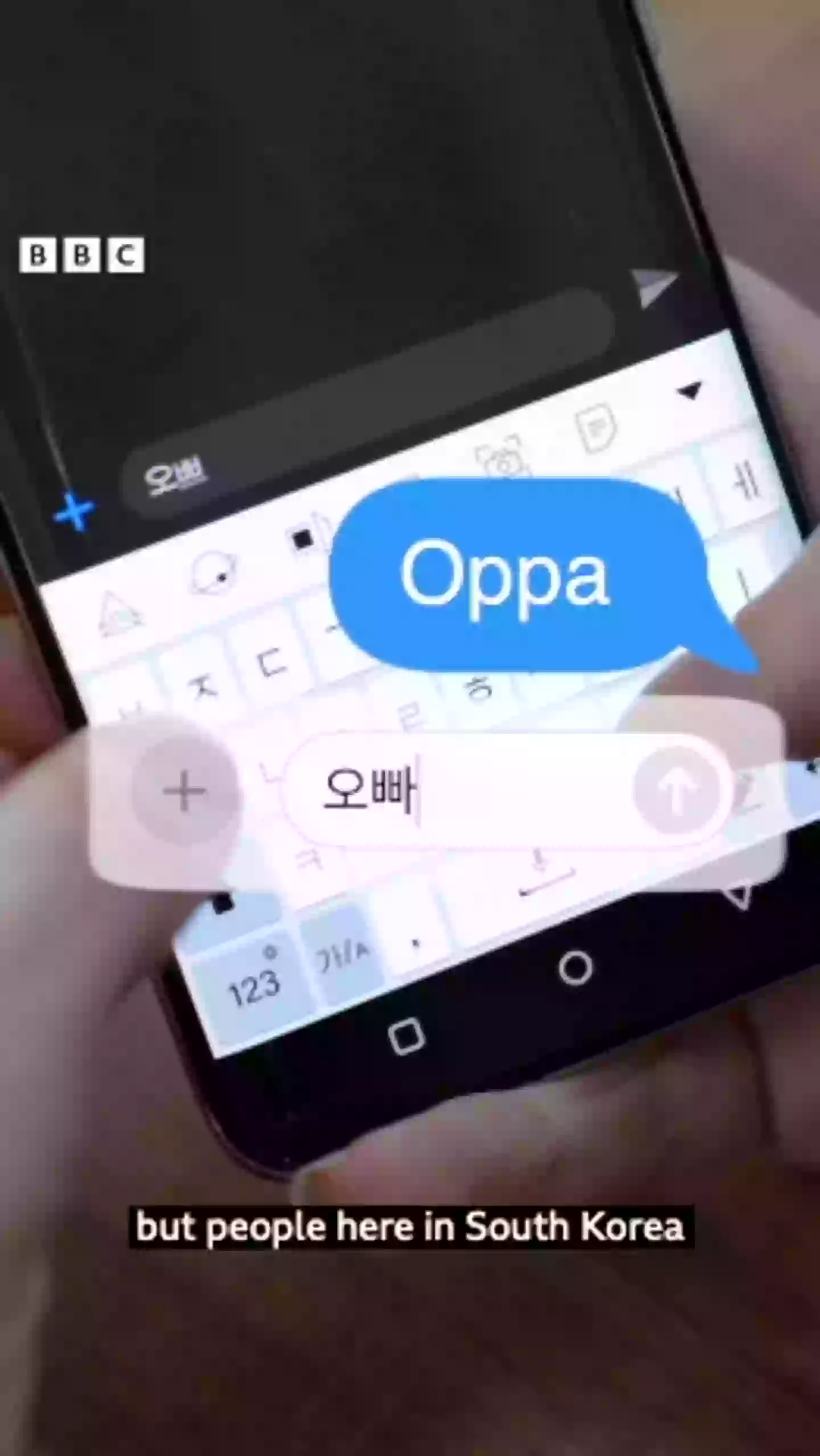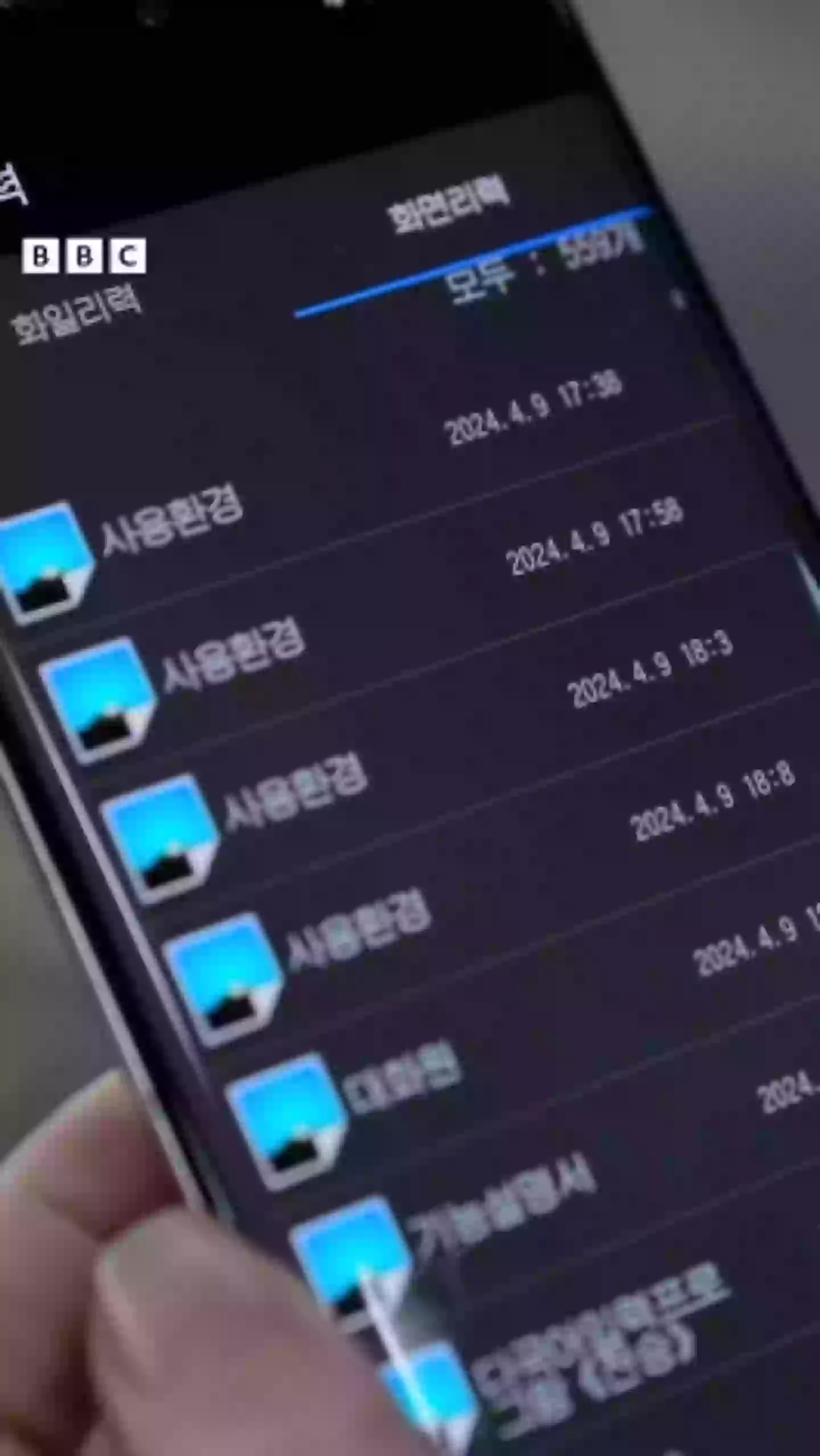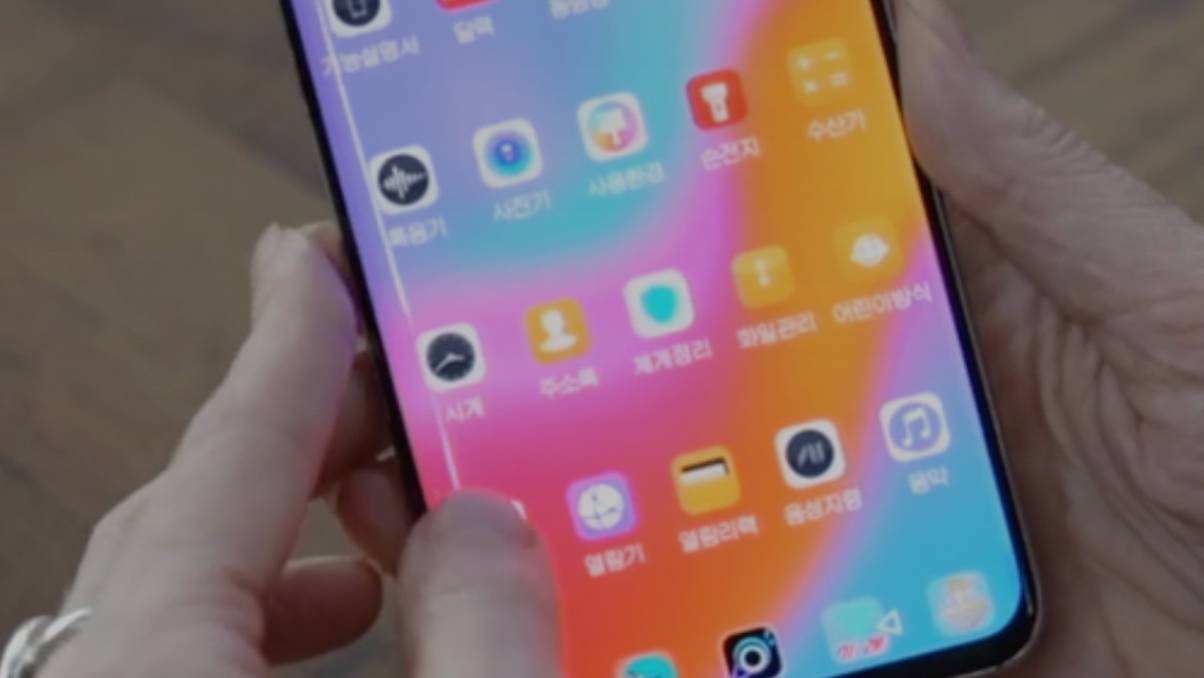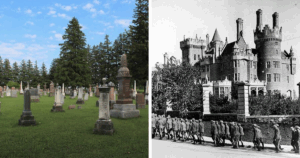Smuggled Smartphone Reveals North Korea’s Secret Surveillance Tactics Under Kim Jong-un
Ever tried typing a cheeky message into your phone, only for autocorrect to morph it into something mortifying—like telling your boss you’re running “late” and it insists you mean “latte”? Well, imagine your autocorrect wasn’t just annoying, but a government-mandated watchdog, ready to rat you out to the authorities for using the “wrong” words. It almost sounds like a Black Mirror script, but that’s exactly what happens in North Korea, where a smuggled smartphone reveals just how tightly Kim Jong-un’s regime keeps its digital leash on everyday people . Here’s the wild part: On the surface, the phone looks like any other device you’d find in Seoul, Beijing, or New York. Except every five minutes, it snaps a secret screenshot—just in case Big Brother wants to check your Candy Crush score or, more likely, your private chats . In a country that’s been locked away from the outside world since 1948, these quiet tech details offer a rare, poignant glimpse into a life ruled by suspicion, restriction, and, oddly enough, the world’s most paranoid spellchecker . Makes you wonder—how free are any of us, really, if our own phones could turn us in? LEARN MORE
A smartphone smuggled out of North Korea shows how much control Kim Jong-un’s dictatorship seemingly has over its people.
North Korea has pretty much been shut off from the outside world since the Kim dynasty began ruling over the country in 1948 – with current leader Kim Jong-un being the third person to lead the family.
Mystery has long shrouded the dictatorship and how people in North Korea live, so when the BBC were able to obtain a smartphone that was smuggled from the country last year, it was undoubtedly fascinating to see how the phone was altered in comparison to the tech used by the rest of the world.
From the outside, the phone looks no different from a normal device. But a recent investigation has found that the phone has a number of restrictions that can’t be overridden.
In a video shared by the BBC, Seoul correspondent Jean Mackenzie types certain phrases and commands into the phone that are immediately shut down.

The smartphone that was reportedly smuggled out of North Korea had a number of restrictions, including autocorrect on certain words (BBC)
Autocorrect
When she tried to type in ‘oppa’, which means ‘older brother’ in North Korean but is referred to as a ‘boyfriend’ in South Korean slang, the phone auto corrects the word to ‘comrade’.
A warning then came up on the screen to inform the phone user that the term ‘oppa’ can only be used for older siblings.
Screenshots
The device is also programmed to automatically take screenshots every five minutes, and images are stored in a concealed folder that users can see, but not access.
It appears that only government officials can retrieve the image, highlighting the persistent observation of user behaviour.

A smartphone smuggled out of North Korea shows how much control Kim Jong-un’s dictatorship reportedly has over its people (BBC)
North Koreans are smuggling news and TV shows
“North Korea is the only country in the world the internet has not penetrated. All TV channels, radio stations and newspapers are run by the state,” Mackenzie added in her column.
“The reason for this control is that so much of the mythology around the Kim family is made up. A lot of what they tell people is lies,” Martyn Williams, an expert in North Korean technology and information, told her.
Mackenzie noted that ‘thousands of USB sticks and micro-SD cards are also smuggled over the border every month loaded with foreign information’.
She said that the SD cards contain ‘South Korean films, TV dramas, and pop songs, as well as news, all designed to challenge North Korean propaganda’.
“Some [people] tell us they cried while watching these dramas, and that they made them think about their own dreams for the very first time”, said Lee Kwang-baek, director of South Korean non-profit organisation Unification Media Group (UMG).
Kang Gyuri, 24, was originally from North Korea where she ran a fishing company. In 2023, however, she fled to South Korea by boat to get away from the censorship regime.
“I used to think it was normal that the state restricted us so much. I thought other countries lived with this control,” she said. “But then I realised it was only in North Korea.”


















